Real Estate Basics: Differentiating Short Sales and Foreclosures
- July 12, 2023
When homeowners struggle to keep up with mortgage payments due to financial crises like unemployment, debts, or economic downturns, they are faced with two options: short sale or foreclosure.
Both options force homeowners to let go of their cherished investment, turning their homeownership dreams into nightmares.
Let’s explore what these options entail, their differences, and which one is the better choice depending on a homeowner’s situation and timeline.
Short Sale:
A short sale occurs when the homeowner owes more on the mortgage balance than the property’s sale price. This happens when the property’s market value has significantly dropped since its purchase. For example, if a homeowner sells a house for $200,000 but still has a mortgage balance of $250,000, it’s considered a short sale. The homeowner is “short” by $50,000.
A short sale requires approval from the lender, who receives all the proceeds from the sale. The homeowner is ideally relieved of any financial obligations for the home. However, it’s important to be cautious of a potential “deficiency judgment” that the lender can file against the homeowner to recover the loss.
Foreclosure:
Foreclosure is a legal process initiated when a homeowner stops making mortgage payments for a significant period. After three to six months of missed payments, the lender issues a Notice of Default, indicating that foreclosure proceedings have begun and the homeowner could face eviction.
During the “pre-foreclosure period,” lasting 30 to 120 days, the homeowner has the opportunity to avoid foreclosure through actions like paying the past due balance, modifying the mortgage terms, or opting for a short sale or deed in lieu of foreclosure.
If the debt remains unresolved by the end of the pre-foreclosure period, the lender proceeds with the foreclosure. The homeowner is evicted, and the property is either sold at auction or becomes bank-owned.
Comparison:
By understanding the distinctions between short sales and foreclosures, homeowners can make informed decisions that align with their circumstances and goals.
| Short Sale | Foreclosure |
|---|---|
| A voluntary process initiated by the homeowner who sells the property for less than the amount owed on the mortgage and needs the lender’s approval | An involuntary process initiated by the lender who takes legal action to repossess and sell the property after the borrower fails to make a specific number of monthly payments |
| Can take longer to close than foreclosures, since the bank won’t approve the sale without a buyer agreeing to its demands | Moves along much faster since lenders want to recoup the costs incurred by the unpaid mortgage |
| Far less damaging to the borrower’s credit score and future mortgage eligibility than foreclosures | Stays on a borrower’s credit report for seven years and makes it harder to qualify for another mortgage |
| Homeowners can stay in the home until the sale is completed | Homeowners are forced to vacate |
| Can be bought with a mortgage loan | Can only be purchased with cash |
| Listed by a real estate agent specializing in short sales | Auctioned |
Related Posts

Real Estate Basics: Differentiating Short Sales and Foreclosures


